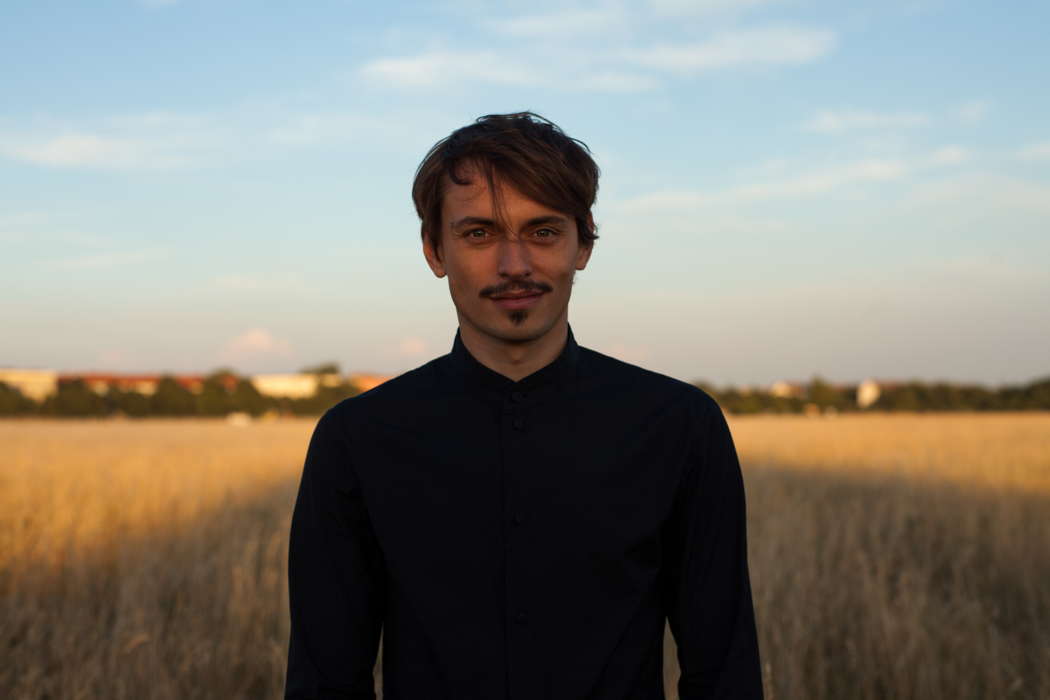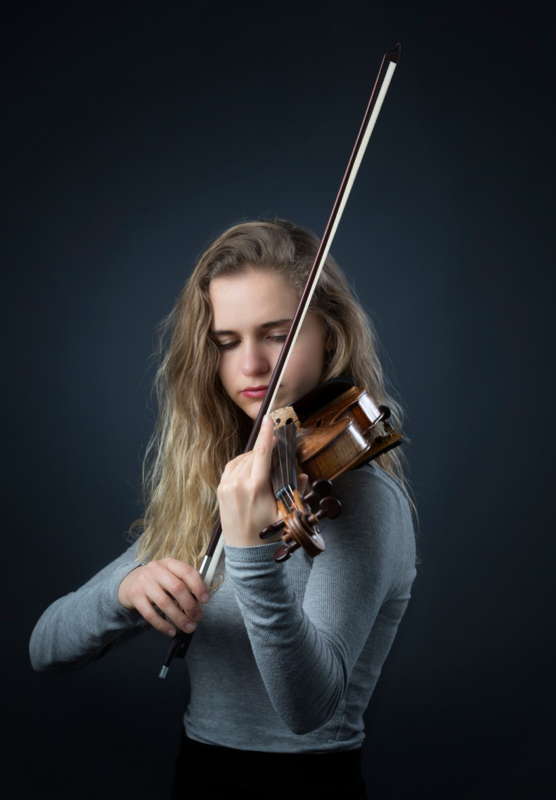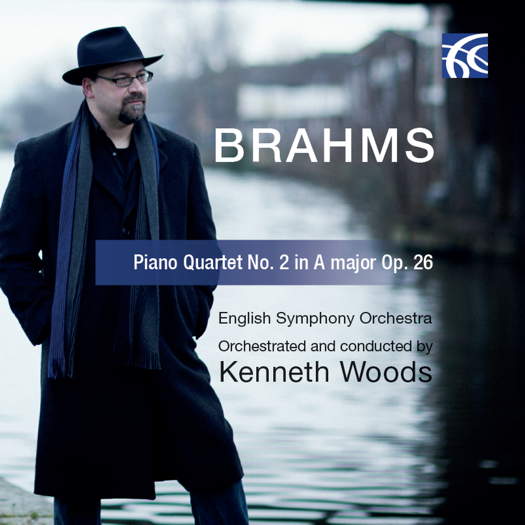 DISCUSSION: John Dante Prevedini leads a discussion about Composers, individuals or collective?, including contributions from David Arditti, Halida Dinova, Robert McCarney and Jane Stanley.
DISCUSSION: John Dante Prevedini leads a discussion about Composers, individuals or collective?, including contributions from David Arditti, Halida Dinova, Robert McCarney and Jane Stanley.
Something Remarkable
MIKE WHEELER listens to mostly avian music from Edouardo Strausser and the CBSO
Brazilian conductor Edouardo Strausser was at the helm of the City of Birmingham Symphony Orchestra - Royal Concert Hall, Nottingham, UK, 1 February 2024 - in a programme mainly concerned with various kinds of bird. The odd piece out started the evening - the overture to Rossini's opera La Cenerentola. Conductor and orchestra set up the portentous opening ready to be delectably undercut by the composer's typically racy high spirits.

Edouardo Strausser. Photo © 2018 Rodrigo Levy
Oliver Janes brought some elegant phrasing to his clarinet solo, and the composer's trademark crescendos were dispatched with relish.
The rest of the programme comprised mainly a canny pairing of suites from Rimsky-Korsakov's opera The Golden Cockerel and Stravinsky's ballet The Firebird - the teacher's last stage work, and his star pupil's first to be completed. Rimsky-Korsakov's orchestral colours came up vivid and fresh, as did a sense of the human and supernatural worlds circling round each other. True, there are moments where the music seems to be hanging about, waiting for something to happen, but when it did, Strausser and the CBSO ensured that it both scorched and dazzled. The Queen of Shemakha, who seduces the bumbling Tsar Dodon, is clearly a cousin to Scheherazade, a point neatly made but not over-emphasised. The march, as Dodon's army escorts the pair back to his palace, was agreeably rowdy.
Before the Stravinsky, Charlotte Saluste-Bridoux was the soloist in Vaughan Williams' The Lark Ascending. Her unassuming start set the tone for a performance that, rightly, refused to treat the work like a pocket concerto. Her still, small voice was matched by the orchestra, conveying far more than any amount of grandstanding. The livelier central section still had a veil of wistful introspection. The work can take a more robust approach, but this was compelling on its own terms. In her final unaccompanied ascent, Saluste-Bridoux refined her tone to a mere thread, and the level of concentration from everyone else in the hall was something remarkable.

Charlotte Saluste-Bridoux
The second and most familiar of Stravinsky's three suites from The Firebird, which he made in 1919, is the one most often played. Conductor and orchestra began by creating a compelling sense of something mysterious stirring; laying the ground for the sheer brilliance of the Firebird's arrival, darting and wheeling with great panache. The captive princesses' khorovod, or circle-dance, had a serious air, verging on the forlorn, signalled by principal oboist Mariano Esteban's poignant way with the opening Russian folk song. Kashchey's Infernal Dance was incisive and savage, with solo instruments emerging from the texture to colourful effect. Nikolaj Henriques' bassoon solo restored calm, moving into the Lullaby's gentle tranquillity, with the strings fading to barely a whisper at the end. Principal horn Elspeth Dutch led the final celebrations with edge-of-the-seat expectation, the final moments ringing out exultantly.
Copyright © 18 February 2024
Mike Wheeler,
Derby UK





